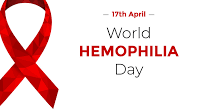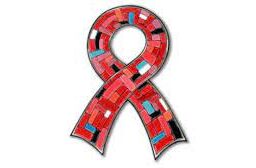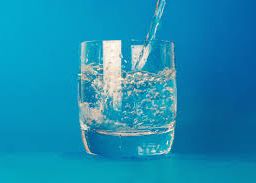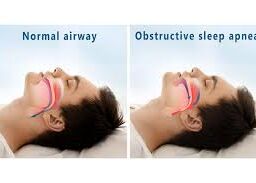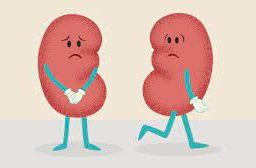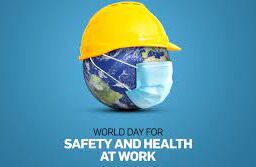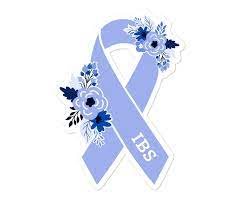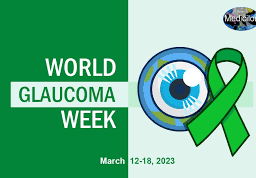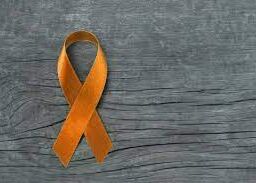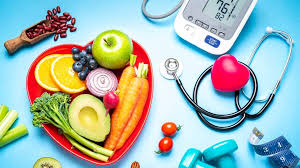
The DASH Diet and Beyond: Best Foods for High Blood Pressure Management
Embarking on a journey to manage high blood pressure? Discover a palette of delicious solutions with our guide to 18 essential foods. As you delve into this resource, you’ll uncover a wealth of natural options that can contribute to lowering blood pressure and promoting overall cardiovascular well-being. Elevate your heart health with the power of nutrition, making informed choices that go beyond mere sustenance, aiming to create a path towards a healthier, balanced lifestyle.
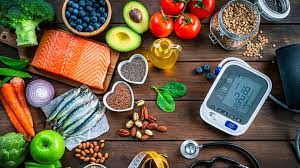
High blood pressure, also known as hypertension, is a common condition that affects millions of people worldwide. It occurs when the force of blood against the walls of the arteries is too high, which can lead to serious health problems such as heart disease, stroke, and kidney failure. Fortunately, there are many foods that can help lower blood pressure (BP)and reduce the risk of these complications.
Here are 18 good foods for high blood pressure:
1. Leafy Greens: Leafy greens such as spinach, kale, and collard greens are rich in potassium, which helps lower the BP by counteracting the effects of sodium.
2. Berries: Berries such as strawberries, blueberries, and raspberries are high in flavonoids, which have been shown to reduce BP and improve overall cardiovascular health.
3. Beets: Beets are rich in nitrates, which can help lower blood pressure by relaxing blood vessels and improving blood flow.
4. Avocado: Avocado is a good source of potassium and healthy fats, both of which can help lower blood pressure.
5. Garlic: Garlic has been shown to have a mild but significant effect on reducing blood pressure, possibly by relaxing blood vessels.
6. Tomatoes: Tomatoes are high in lycopene, which has been shown to help lower blood pressure and improve overall cardiovascular health.
7. Oats: Oats are high in fiber, which can help lower blood pressure by reducing cholesterol levels and improving overall cardiovascular health.
8. Salmon: Salmon is high in omega-3 fatty acids, which have been shown to help lower blood pressure and improve overall cardiovascular health.
9. Walnuts: Walnuts are high in omega-3 fatty acids and other nutrients that can help lower BP and improve overall cardiovascular health.
10. Yogurt: Yogurt is high in calcium, which can help lower blood pressure by relaxing blood vessels and improving overall cardiovascular health.
11. Dark Chocolate: Dark chocolate is high in flavonoids, which have been shown to help lower BP and improve overall cardiovascular health.
12. Pomegranate: Pomegranate is high in antioxidants, which can help lower BP by reducing inflammation and improving overall cardiovascular health.
13. Green Tea: Green tea is high in antioxidants and other nutrients that can help lower BP and improve overall cardiovascular health.
14. Quinoa: Quinoa is high in fiber, protein, and other nutrients that can help lower blood pressure and improve overall cardiovascular health.
15. Lentils: Lentils are high in fiber and other nutrients that can help lower BP and improve overall cardiovascular health.
16. Sweet Potatoes: Sweet potatoes are high in potassium and other nutrients that can help lower BP and improve overall cardiovascular health.
17. Olive Oil: Olive oil is high in healthy fats and other nutrients that can help lower BP and improve overall cardiovascular health.
18. Watermelon: Watermelon is high in citrulline, which has been shown to help lower blood pressure by relaxing blood vessels.
Incorporating these foods into your diet can help lower blood pressure and reduce the risk of serious health complications. However, it’s important to remember that a healthy diet is just one part of a comprehensive approach to managing hypertension. Be sure to talk to your doctor about other lifestyle changes and medications that may be necessary to keep your blood pressure under control.
Disclaimer: The information provided in this content is for general informational purposes only. It is not intended as medical or healthcare advice, diagnosis, or treatment. Always seek the advice of a qualified healthcare professional with any questions you may have regarding a medical condition or healthcare decisions.



